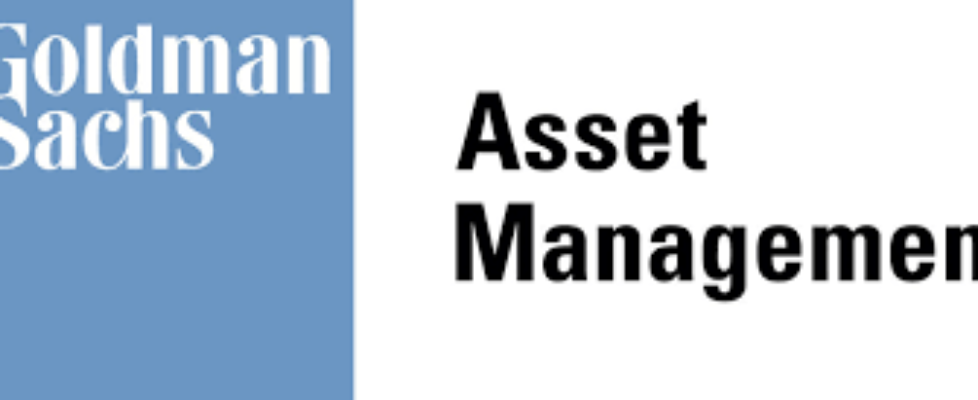Goldman Sachs Interval Fund Launch is a Precursor to Larger Alternatives Platform Expansion
Goldman Sachs is in the midst of a strategic realignment to focus more on alternative investment strategies and retail investors. The new Goldman Sachs interval funds are a prime example of this new approach, and a precursor to a massive structural change in the retail alternative investments industry.
Goldman started reporting Consumer and Wealth Management as its own segment in the most recent quarter, reflecting the increasingly important role retail investors will have in its future. In May 2019, Goldman acquired United Capital, an RIA with $25 billion in assets serving mainly high net worth investors in the $1 million to $15 million range. United Capital, which is going to adopt the Goldman brand name, has more than 220 financial advisors serving 22,000 clients in 90 plus offices across the US. The FT recently reported that integration with United Capital is going faster than expected. Goldman Sachs has owned Ayco, a family office/ultra high net worth focused firm since 2003. Referrals from Goldman Sachs private banking unit have been important to growing this business.
Goldman also recently launched Marcus, a digital bank, and invested in Nutmeg, a British Digital Wealth Manager. On its most recent earnings call, Goldman Sachs CEO (and DJ) David Solomon highlighted the important role played by its high net worth wealth management, and consumer banking business lines.
Goldman Sachs has also realigned multiple departments across the company around one cohesive unit to support the growth of its alternative investing platform. In 2019, they launched a new alternative capital markets and strategy group, which will lead the coordination and expansion of our client engagements in alternatives, across both direct investing strategies and open-architecture strategies”. With the launch of the new division, Solomon sent an internal memo to top executives that identified a unique opportunity as “investors continue to expand their allocations to alternatives.” During the most recent quarterly conference call, Solomon again identified alternative investments as a secular growth area.
Mass affluent investors, people who are well off, but not rich enough to have a family office, are a huge growth market for the financial services industry. For this demographic, alternative investments are no longer alternative – they are an increasingly critical component of retirement planning. The retail alternative investments market is fragmented and ripe for disruption. The Goldman Sachs of the future is going to be a multi strategy alternative investments sponsor. Alternative investments and wealth management accounted for 25% and 14% of 2019 revenue, respectively. Expect both those areas to grow in the coming years.
Investor day coming up on January 29 will reveal more details of their new strategic shift. Whats clear now is Goldman’s entrance to this space has huge implications for the entire retail alternative investments industry.
Implications for the alternative investments industry
When Blackstone launched its non-traded REIT, they altered the competitive dynamics in the industry, and quickly came to dominate fundraising. Blackstone opened up new distribution channels for non-traded REITs, successfully raising capital from wirehouse broker dealers and RIAs as well as independent broker dealers. Blackstone’s entrance increased the scale, and investment talent necessary to be a successful non-traded REIT sponsor.
Goldman Sachs will be able to jumpstart new fund launches withs own massive balance sheet, and raise capital quickly via its wealth management subsidiaries. After acquiring the interval funds, they will maintain the same general share class structure, and target multiple distribution channels. Management comments hint that several more funds aimed at retail investors are in the works. Goldman Sachs impact on this market will be even bigger than Blackstone.
A closer look at the Goldman Sachs interval funds
On December 7, 2019 Goldman Sachs Asset Management entered into asset purchase agreements with the sponsor of the and the Resource Credit Income Fund and the Resource Real Estate Diversified income Fund. The funds will be reorganized into the Goldman Sachs Credit Income Fund, and Goldman Sachs Real Estate Diversified Income Fund. Targeted close date for the transactions is in 2020Q2. Shareholders at each fund need to approve the transactions at special meetings, to be held in 2020Q1. If shareholders of either fund reject the offer, both transactions will be canceled.
The Goldman Sachs Credit Income Fund will have a lower management fee than the Resource Credit Income Fund. Additionally, Goldman is eliminating the incentive fee for the credit interval fund. Goldman Sachs Real Estate Diversified Income Fund will keep fees the same. Both Goldman Sachs interval funds will have lower operating costs than their predecessor Resource interval funds. The strategies of each fund will be substantially the same with slight adjustments. Goldman Sachs will use its own internal distributor for the new funds. Other services providers are not yet specified in the draft prospectuses for the new funds. We’ll provide more details on merger terms when they file updated prospectus drafts.
This transaction is just the beginning of a massive shift beginning in the retail alternative investments space.
(1) Goldman Sachs briefly operated an interval fund but shut it down in 2009.



